High-protein, low-carb foods
Do you know what foods are high in protein and low in carb? What are their benefits? Read more to find out!
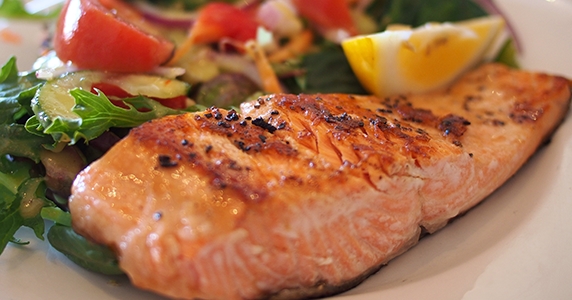
The recent craze about ketogenic and low carb diets brought in focus foods that are healthy, low-carb, and high-protein. Also, if they taste good and can be used in various recipes - who could ask for more?
Well, what are those foods, and what are the benefits of low-carb, high-protein foods? Keep reading to find out!
If you are interested in counting carbs, it’s important to understand is the difference in total carbs and net carbs in the food. Net carbs are: Total carbs - Total fibers*.
* Fibers are carbohydrates your body can’t digest, so it doesn’t count towards the amount of carbs that can trigger an insulin response and preventing your body from going into the state of ketosis (When your body uses fat and ketones rather than glucose (sugar) as its main fuel source).
In this article, foods will be listed with the amount of net carbs they contain per 100g (3,5 oz) or per piece.
High-protein, low-carb food ideas
High-protein foods
Protein is an essential macronutrient for humans. Our body uses it to build and repair tissues, make enzymes, fortify bones, muscles, and cartilage. Not only that, but research shows that higher protein consumption increases satiety and thermogenesis, which could lead to a faster weight loss. We are bringing you a list of foods highest in protein.
Fish, shellfish, meat & poultry
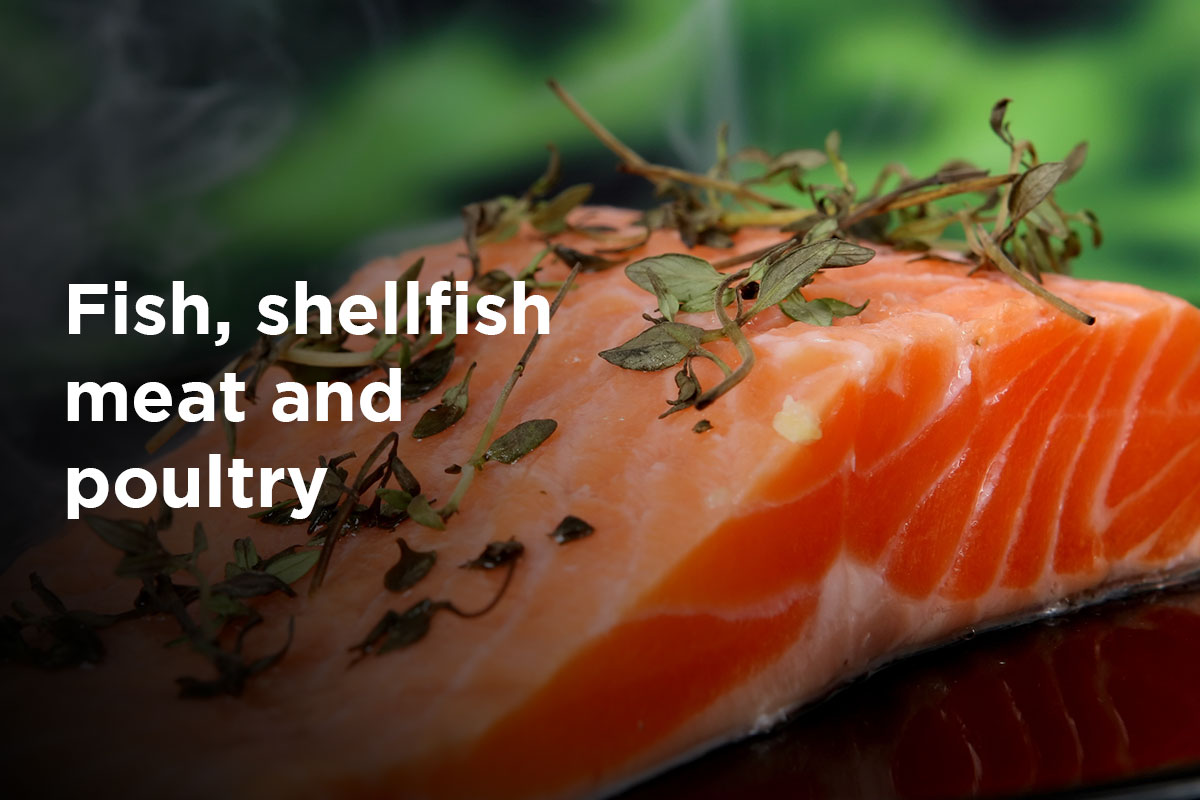
Fish, meat, and poultry mostly have zero net carbs, which makes them the perfect choice for low carb dieting.
While some shellfish contain carbs, they are in a minimal amount of both total and net carbs, so this does not mean you should restrict the consumption of this food in paleo or low carb diets.
All of these foods contain a high amount of protein and are a great choice if you are trying to build muscle. For example:
Chicken: 239 kcal and 27 g of protein
Veal: 172 kcal and 24 g of protein
Salmon: 208 kcal and 20 g of protein
Shrimps: 99 kcal and 24 g of protein
Eggs

Eggs are a great choice if you are looking to limit your carb intake. One whole large egg contains only 0.4 grams of net carbs and 7 grams of protein. Plus, they have many other health benefits - they are nutritious, contain a lot of vitamins, and increase the level of good cholesterol.
Nuts and seeds
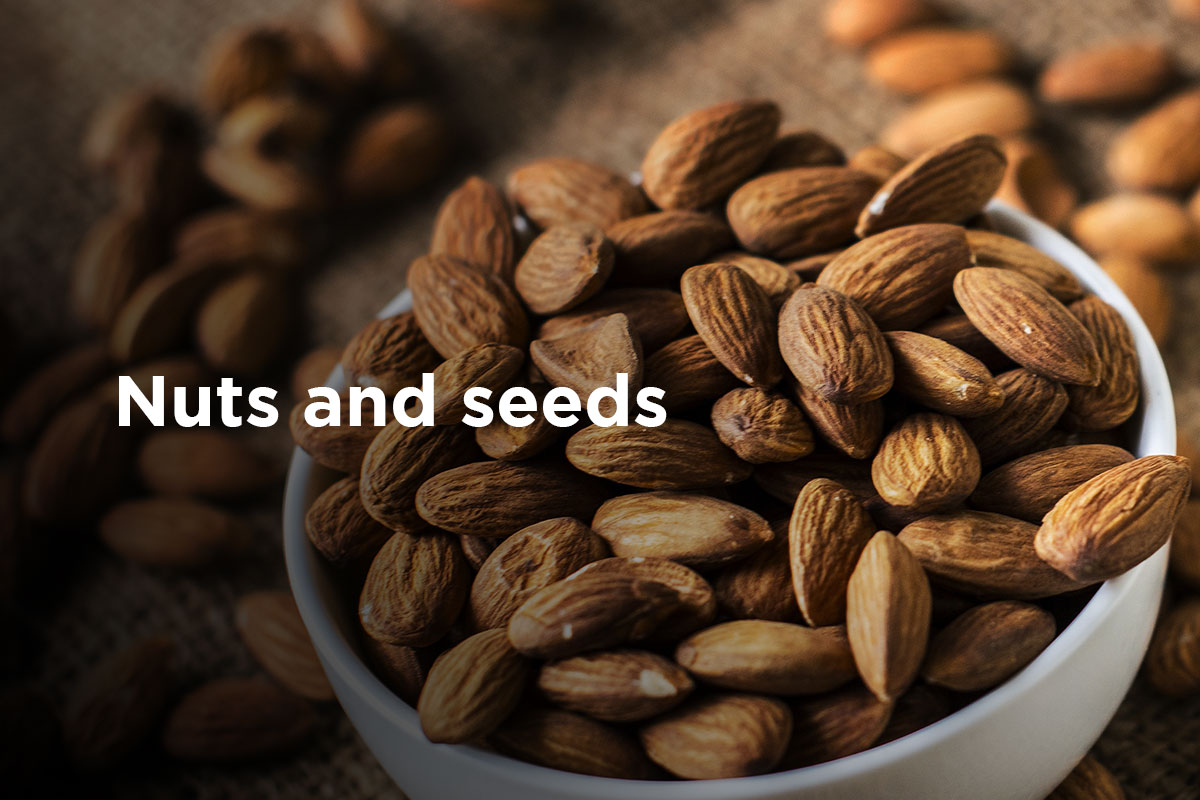
Nuts are a great source of fiber, high in protein, and rich in healthy, unsaturated fats. However, keep in mind that nuts and seeds are high in calories, so restrict their intake if you are trying to lose weight. Some of the most popular choices are:
Almonds - 576 kcal, 6 g of net carbs, and 20 g of protein
Hemp seeds - 566 kcal, 3 g of net carbs, and 27 g of proteins
Pumpkin seeds - 446 kcal, 5 g of net carbs, and 30 g of protein
Chia seeds - 486 kcal, 7 g of net carbs, and 15 grams of protein
Peanut butter - 588 kcal, 13 g of net carbs, and 25 g of protein
Diary products
Unless you have lactose intolerance, there is no need to restrict the intake of dairy products in your diet. The majority of reliable evidence suggests that dairy can be an important nutrient-rich choice for a healthful diet. However, if you have problems with digesting lactose, it’s better to stay away from dairy products.
Milk - 95 kcal, 5 grams of net carbs, and 4 grams of protein per 100 ml
Mozzarella - 280 kcal, 3 g of net carbs, and 28 g of protein
Plain greek yogurt - 59 kcal, 4 g of net carbs, and 10 g of protein
Cottage cheese - 98 kcal, 3 g of net carbs, and 11 g of protein
Whey protein powder
The nutrition content of whey protein powder variates among brands, but plain whey has approximately 412 kcal, 4 g net carbs, and 82 g of protein. One serving of whey protein powder is usually 30 g so in one serving you will consume 103 kcal, 1 g net carbs, and 21 g of protein. A great choice if you are cutting carbs and building muscle at the same time. An additional plus is a fact that you don’t have to eat it only in shakes - you can use it in various recipes for protein-filled treats.
Tofu

Tofu is a great protein source for vegans and can be used in various recipes. 100 g of tofu has 76 kcal, 2 g of net carbs, and 8 g of protein. If you are trying to lose weight, consider adding tofu to your diet.
Low-carb foods
If you are looking to go low carb, keep in mind that you cannot eat high-protein foods only. Diet is considered low-carb if the daily intake of carbs is anywhere between 20-60 grams of net carbs. To remain inside of this range, you can eat some food that is low-carb, and not high-protein. These foods are extremely healthy and low in calories. Those are:
Low-carb vegetables
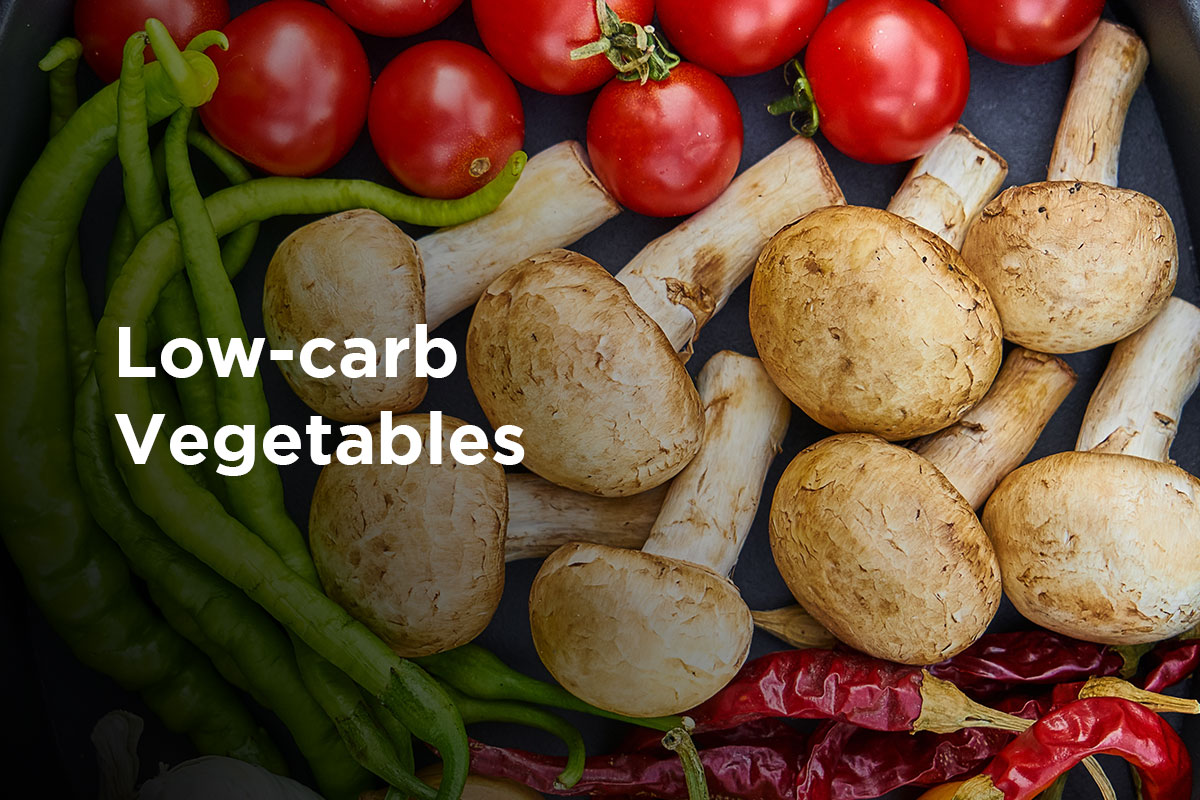
Broccoli - 34 kcal and 4 g of net carbs
Tomatoes - 18 kcal and 3 g of net carbs
Cauliflower - 25 kcal and 3 g of net carbs
Brussel sprouts - 43 kcal and 5 g of net carbs
Green peas - 81 kcal and 9 g of net carbs
Mushrooms - 22 kcal and 3 g of net carbs
Zucchini - 17 kcal and 3 g of net carbs
Edamame - 122 kcal, 5 g net carbs, and 11 g of protein
Low-carb fruits
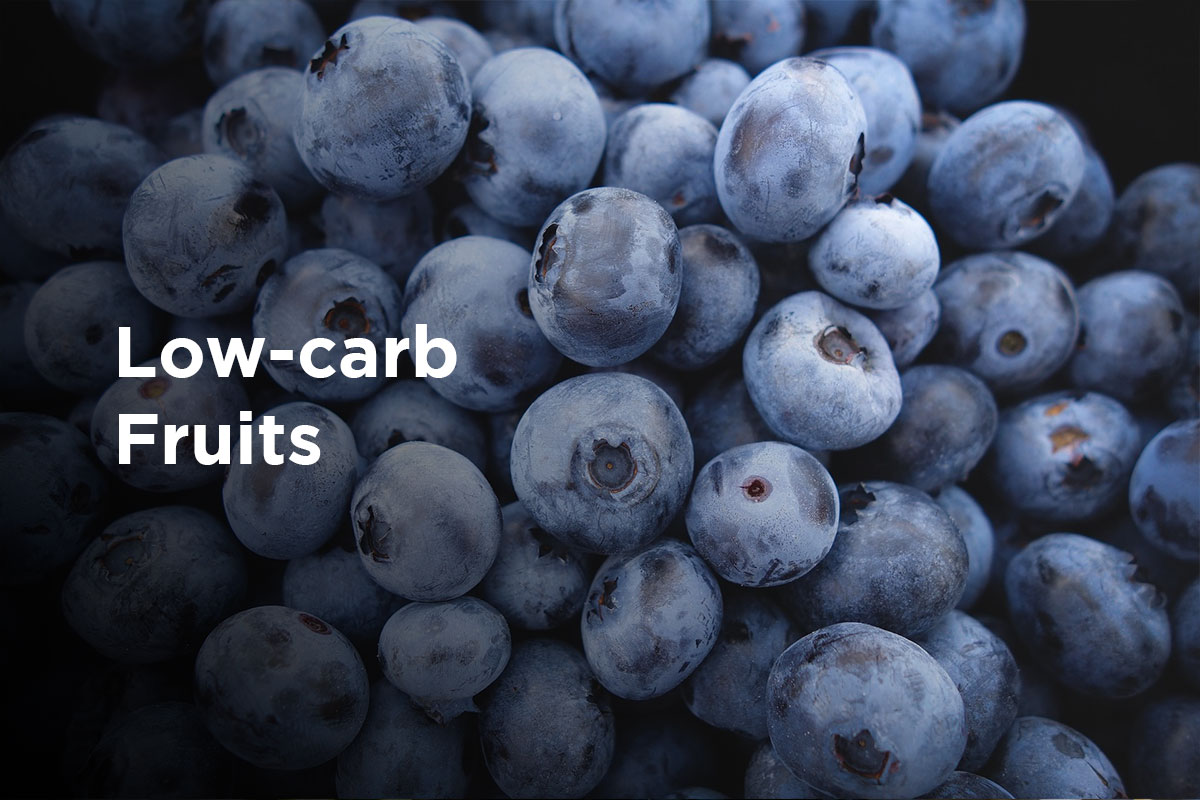
Avocado - 160 kcal and 2 g of net carbs
Strawberries - 33 kcal and 6 g of net carbs
Raspberries - 43 kcal and 5 g of net carbs
Blackberries - 43 kcal and 5 g of net carbs
Blueberries - 57 kcal and 12 g of net carbs
Apricots - 48 kcal and 9 g of net carbs
Benefits of high-protein, low-carb foods
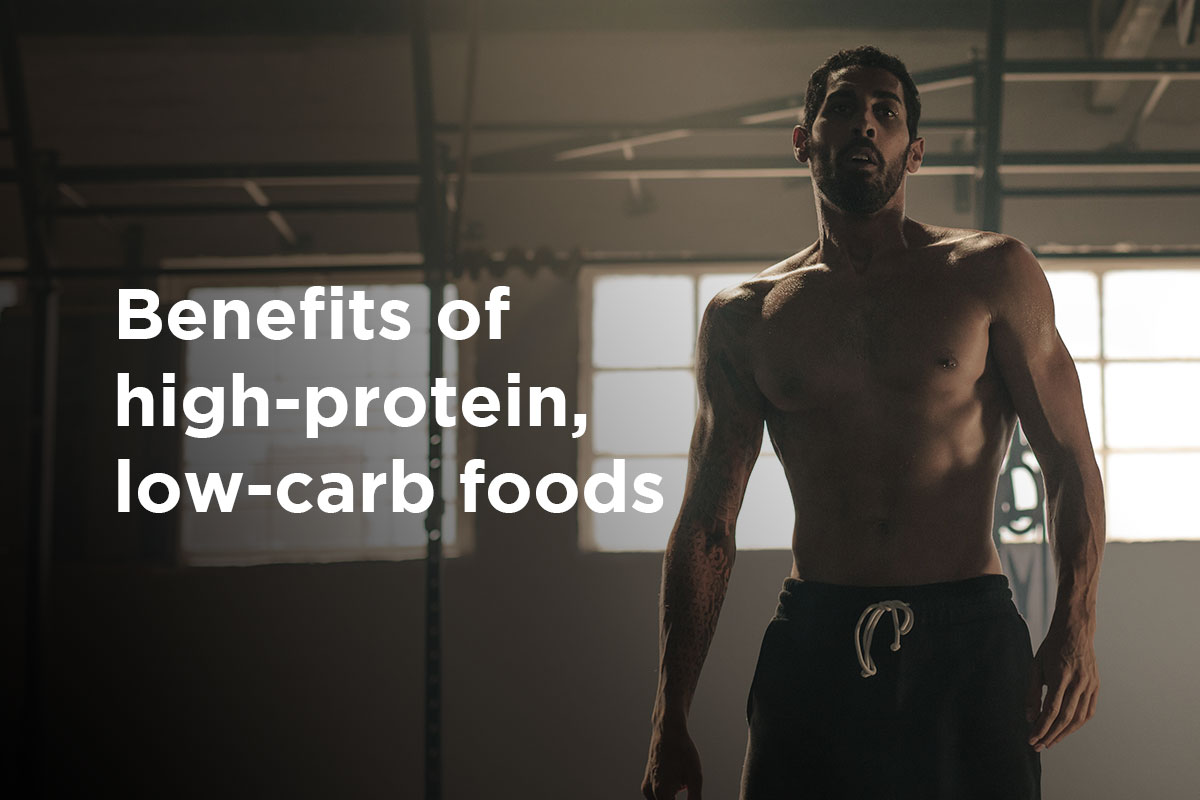
There is a reason why diets that prefer high-protein, low-carb diets gained such popularity since their consumption has many benefits.
Research shows low-carb diets lead to a reduction in appetite, and even if you eat more protein and fat, you will still end up eating fewer calories than in high-carb diets. Also, a low-carb diet will result in bigger weight loss at first, therefore making them a great choice if you are looking to see results as soon as possible.
Especially people with type 2 diabetes can benefit from low-carb diets, since reducing carb intake is a great way to lower blood sugar and insulin levels.
As you already know, eating a lot of proteins helps increase muscle mass and strength, but it has many other benefits.
For example, evidence shows that increasing protein intake to 25% of total daily calories reduced craving by 60%, and a desire for late-night snacking by 50%. Eating more protein could even help you burn more fat. In one research, a group on a high-protein diet burned 260 calories more than a group on a low-protein diet.
Contrary to popular belief, eating food high in protein won’t damage your kidneys, unless you already have kidney disease. In fact, Healthline states there is no evidence that a high protein intake harms kidney function in people who don’t have kidney disease.
Takeaway
High-protein and low carb foods are great choices if you are looking to lose weight, gain muscle mass, and positively affect your overall health with your diet. Make sure you eat enough fruits and vegetables to gain all the needed fiber and micronutrients in your diet.
However, if you wish to lose weight or gain muscle, exercising is also an important part of your journey. That’s why Madbarz Premium has over 20 workout plans for both weight loss and muscle building, together with Nutrition guide with 65+ healthy recipes - made by professionals to help you achieve the best results possible.

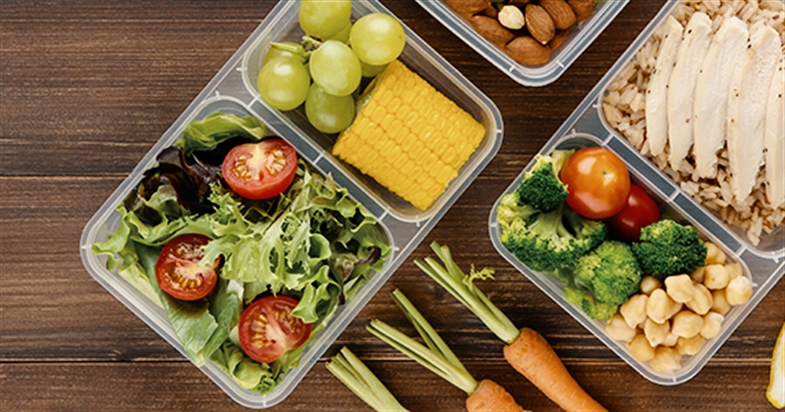

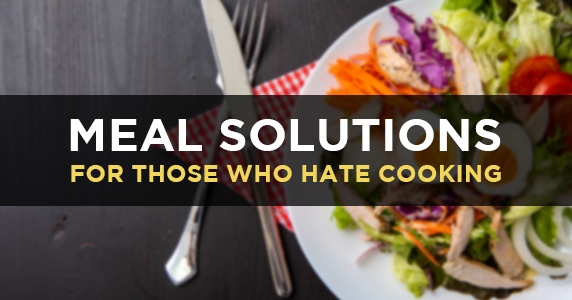
Post a comment